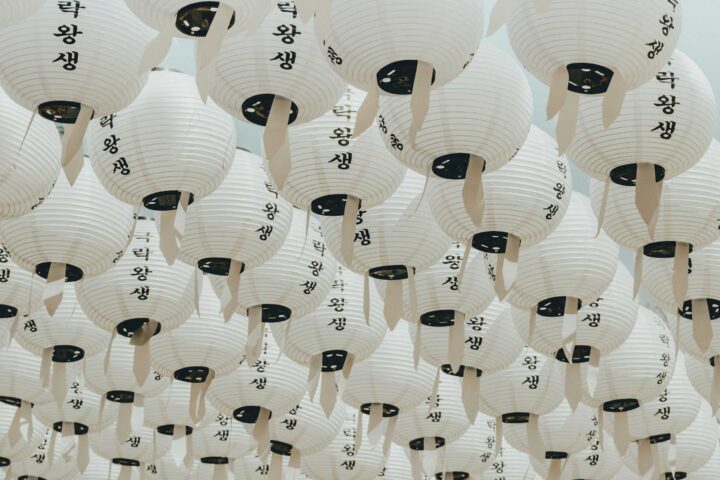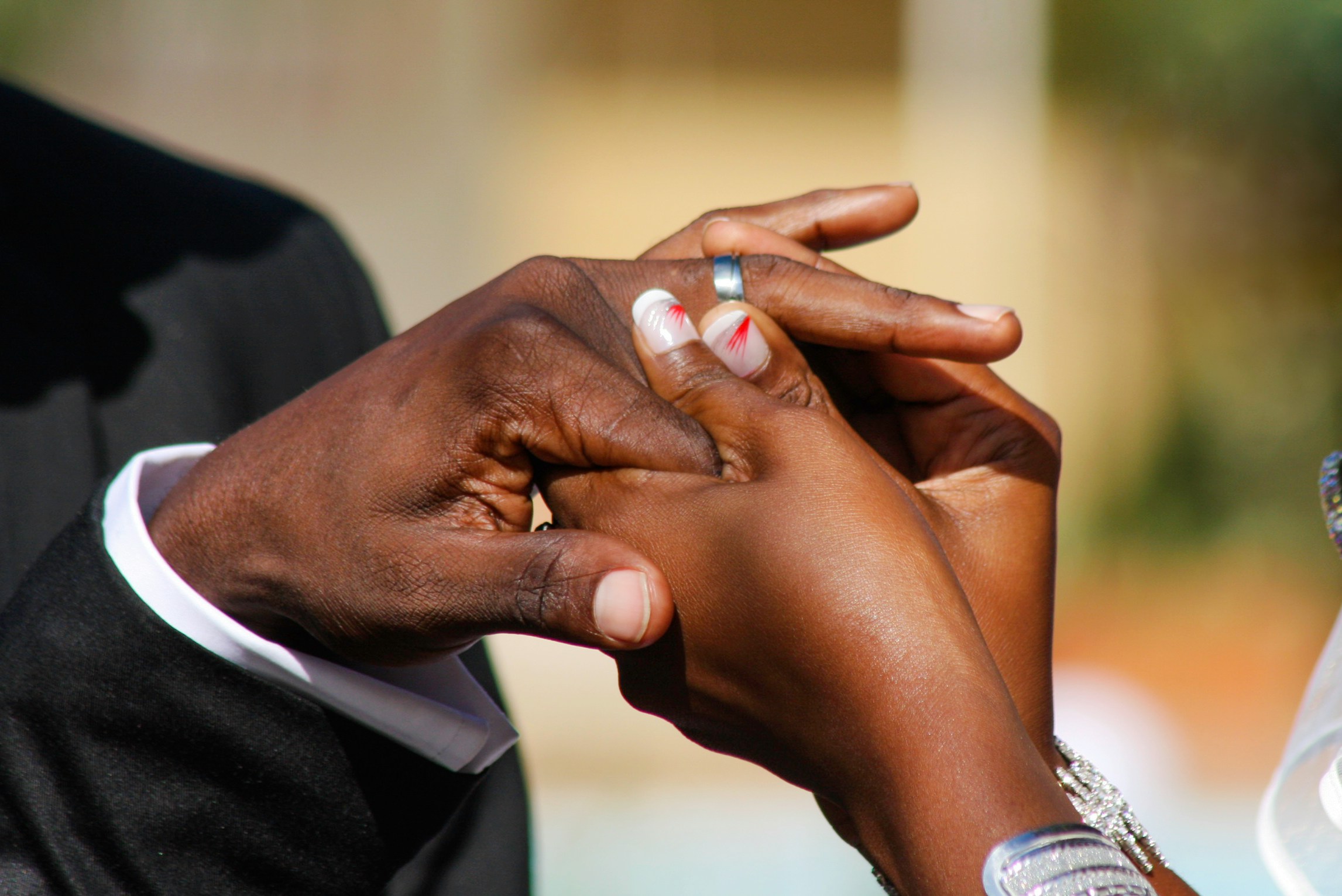There’s sometimes an assumption that, in fiction, we write about our dreams, the things that we secretly want to see or happen, and that somehow through this prolonged act or sleight of hand we are manifesting these hidden desires. This is probably true. But fiction is equally about fears and nightmares, too. What if you wrote something because you were following the thread of what terrifies you most? Maybe you won’t sleep easier at night, but in the process, you’ll grow in a way that might be necessary to your survival.
I trace the psychological germ of my novel, The Last Story of Mina Lee, back to 2004. I was in my early twenties and my estranged father died in a car accident before I moved from my hometown of Los Angeles to Seattle about 1,100 miles away for graduate school. After the shock of my father’s death, I began to dread that one day my mother would not pick up the phone, and that I wouldn’t be able to reach her in time to save her.
I have always felt responsible for my mother’s life—because she was a single mother, who didn’t speak much English, and lived in a country still foreign to her and far away from the rest of her family. She had seemingly sacrificed everything for me, who had more resources—American-born, fluent in English and educated here. So when I moved to Seattle, I developed this fear that, without me, she could suddenly die—as if my presence alone kept her alive—which was a form of vanity or youthful self-centeredness perhaps. (In reality, women like my mother could run the world.)
“…when I moved to Seattle, I developed this fear that, without me, she could suddenly die—as if my presence alone kept her alive…”
But The Last Story of Mina Lee’s sense of place and characters go back even further than that. This novel is the product of the circumstance that, as a child, I survived a perpetual sense of outsider-ness, both within my family and society, by being quiet. I was bookish and shy. The benefit of this is that I read a lot and I became a listener of stories that circulated around me where I grew up near Koreatown and in Latinx communities where my mother worked. And those stories became the foundation of who I am and how and why I write.
Stories can be many things. They sprout from and vine through our personal and collective subconscious like dreams and nightmares, too. They can also be a kind of love letter—to a certain person or time and place. Or an act of revenge. What I do believe is that books and the spaces that books create—libraries, bookstores, conversations and exchange—help people feel less lonely and more alive to the beauty of the unexpected. This in and of itself is valuable. Reading widely and making a sincere effort to feel less alone by understanding each other and ourselves a little more is a revolutionary act—one that has been forbidden throughout history in many places around the world.
I hope you love The Last Story of Mina Lee and its characters as much as I do. I hope this book helps us each question the limitations we create for ourselves—physically and emotionally—and question whom these divisions benefit the most. What would the world look like if we reached out a little more?



